Publications
Articles, publications, books, tools and multimedia features from the U.S. Institute of Peace provide the latest news, analysis, research findings, practitioner guides and reports, all related to the conflict zones and issues that are at the center of the Institute’s work to prevent and reduce violent conflict.
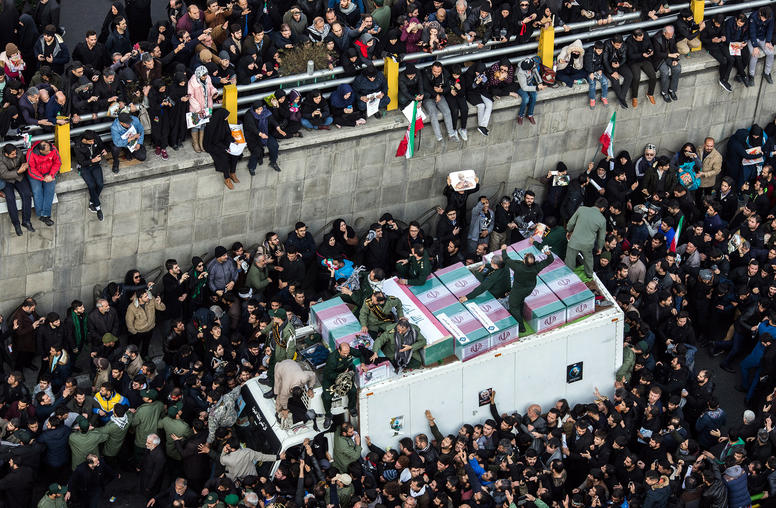
Are the U.S. and Iran Really on the Brink of War?
The killing of Qassem Soleimani was the boldest U.S. act in confronting Iran since the 1979 revolution, tantamount to an act of war. Although U.S. officials have characterized the move as “decisive defensive action.” However, if Iran had assassinated the general who heads Central Command (the unit overseeing U.S. military operations in the Middle East and South Asia), Washington would have similarly viewed it as tantamount to an act of war.
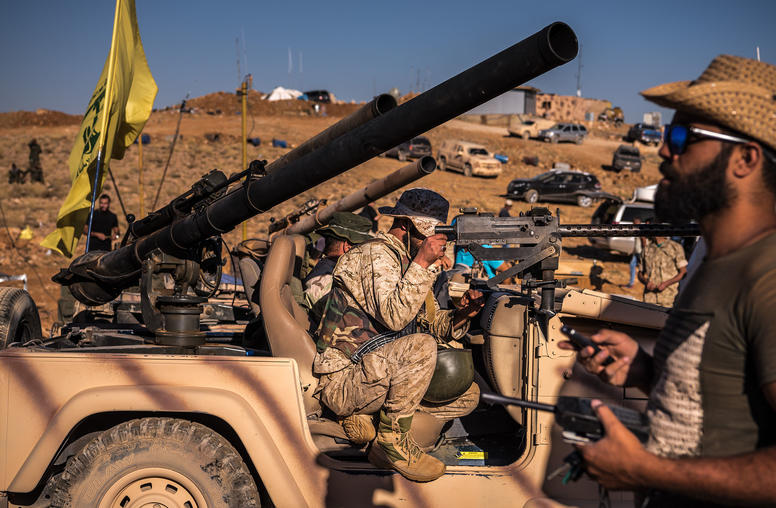
How the Soleimani Strike Impacts Syria and the Fight Against ISIS
Slain Iranian Quds Force commander Qassem Soleimani played a considerable role in conflicts across the Middle East. In Syria, he mobilized Shia armed groups from across the region and coordinated closely with Hezbollah to save the Assad regime. His death by an American airstrike leaves many to wonder what’s next for Iran in Syria. It has also stirred fear of a direct confrontation between Washington and Tehran at a time when concerns about an ISIS resurgence in both Iraq and Syria are already on the rise. USIP’s Mona Yacoubian looks at what, if any change, Soleimani’s death will mean for the Assad regime and what’s next in the fight against ISIS.
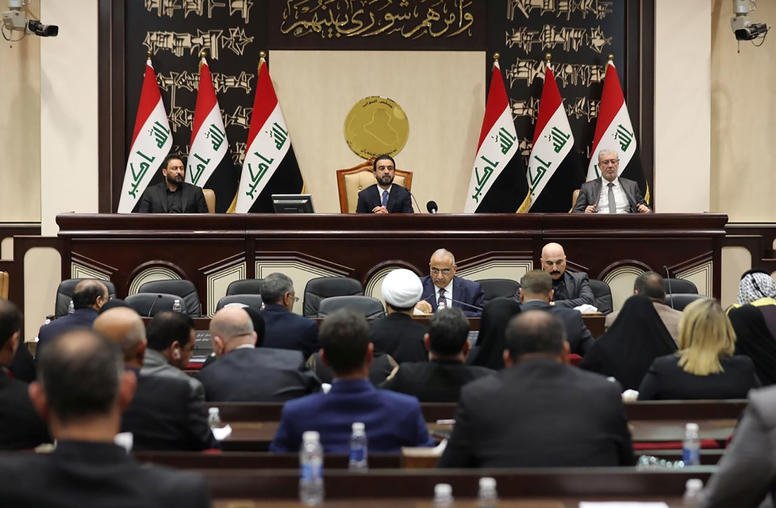
After the Soleimani Strike, What’s Next for Iraq and the Region?
With tensions between Iran and the U.S. already simmering, the January 3 U.S. airstrike that killed powerful Iranian commander Qassem Soleimani is sure to have ripple effects across the region. Maj. Gen. Soleimani, the commander of Iran’s Quds Force, coordinated Iran’s military operations and proxies across the Middle East.

Dr. Elie Abouaoun on Iraq and U.S.-Iran Tensions
Following the attempted siege of the American Embassy in Iraq, USIP’s Elie Abouaoun says the U.S. must increase its presence in Iraq because it “doesn’t have the choice but to increase its investment … so that the expansion of Iranian influence is basically contained.”

Maria Stephan on What We Get Wrong About Protest Movements
This year has seen an extraordinary rise in people power. Despite significant coverage of these movements, many misconceptions about how they work persist. USIP’s Maria J. Stephan addresses those myths and says, “The most defining variable of successful nonviolent movements is large, diverse and sustained participation.”
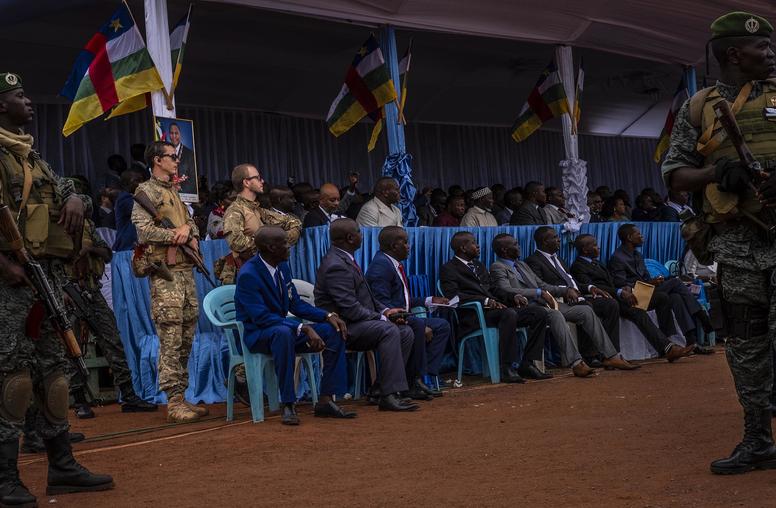
Amid the Central African Republic’s search for peace, Russia steps in. Is China next?
The 2017 National Security Strategy refocused U.S. foreign and defense policy to address resurgent major power competition with Russia and China. In U.S. foreign policy, Africa has emerged as a frontline for this competition, as in recent years both Moscow and Beijing have sought to expand their influence and promote their interests on the continent. Nowhere is the role of major powers more apparent than in the Central African Republic (CAR), where Russia has emerged as a key power broker amid a civil war that has simmered since 2012. Despite concerns about the need to counter other major powers, the best course for U.S. policy in CAR is to not allow competition with Russia and China to distract from the fundamental priority of supporting a democratic, inclusive path to peace.
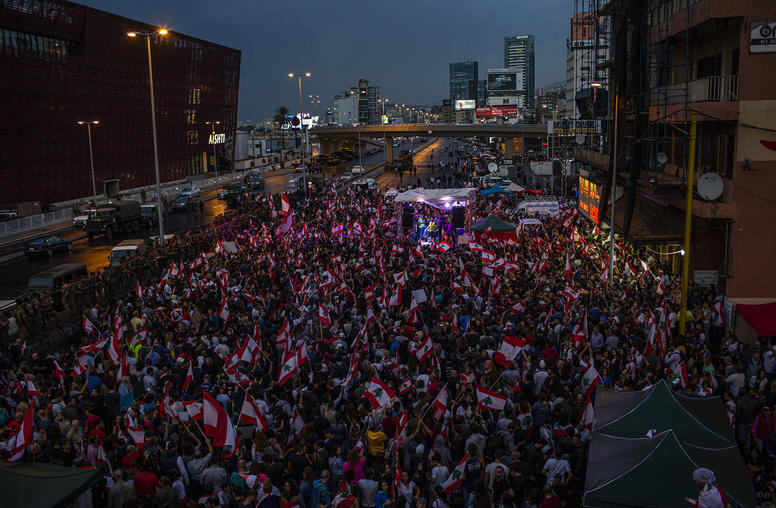
Six Takeaways for the Next Decade of People Power
2019 is being called “the year of protest.” A nexus of corruption, inequality, and unaccountable and unresponsive governments has galvanized citizens across the globe. “People are saying ‘pay attention to us, you are there to serve us,’” observed Nancy Lindborg, USIP president and CEO. This year’s wave of people power shows that governments—whether they are democratic, semi-democratic, or authoritarian—are not immune to collective civic pressure.
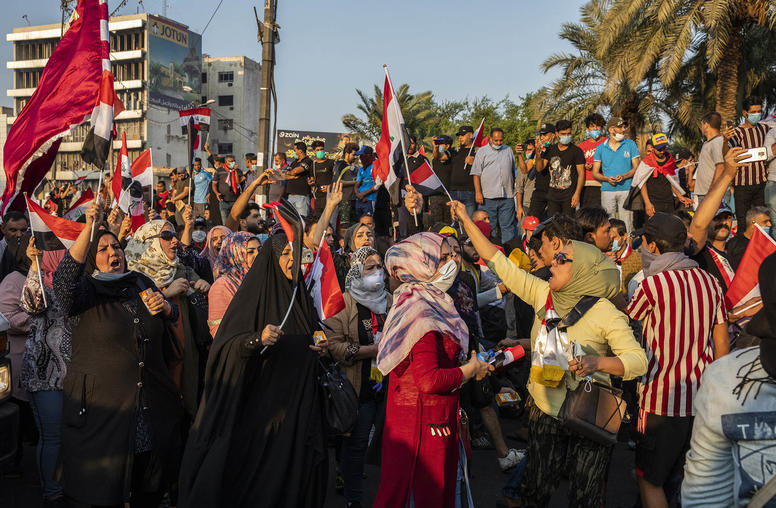
Five Myths About Protest Movements
This year saw protests across the globe, as citizens bridled under what they consider the tyranny of their governments. From Iraq to Zimbabwe, Hong Kong to Chile, demonstrators even in places with ample surveillance and retributive regimes have worked to make their voices heard. But alongside these movements, misconceptions about how they work persist—and plague our understanding of their goals, their methods and their outcomes.
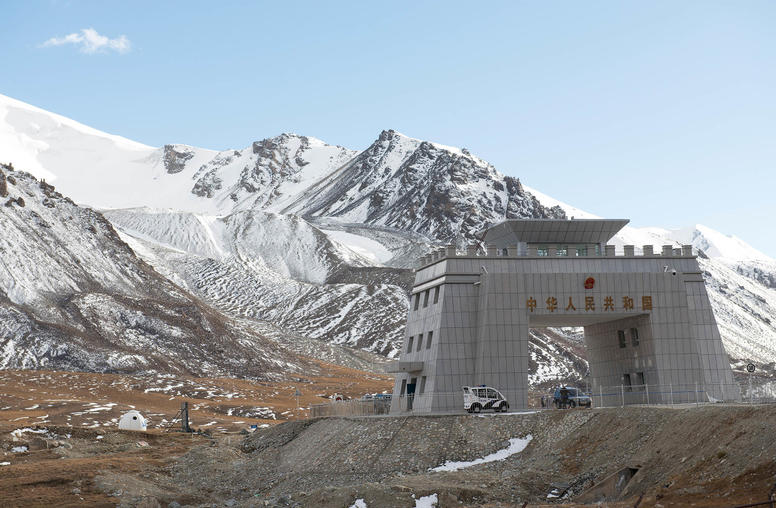
Strategic Implications of the China-Pakistan Economic Corridor
Great power politics is resurgent in South Asia today. China’s growing military ambition in the region is matched in financial terms by its Belt and Road Initiative, the largest and most advanced component of which is the China-Pakistan Economic Corridor. What remains unclear is how the United States should navigate the new dynamic. This report, which is based on research and consultations with experts worldwide, addresses the question of how the India-Pakistan rivalry will play into the emerging great power competition.
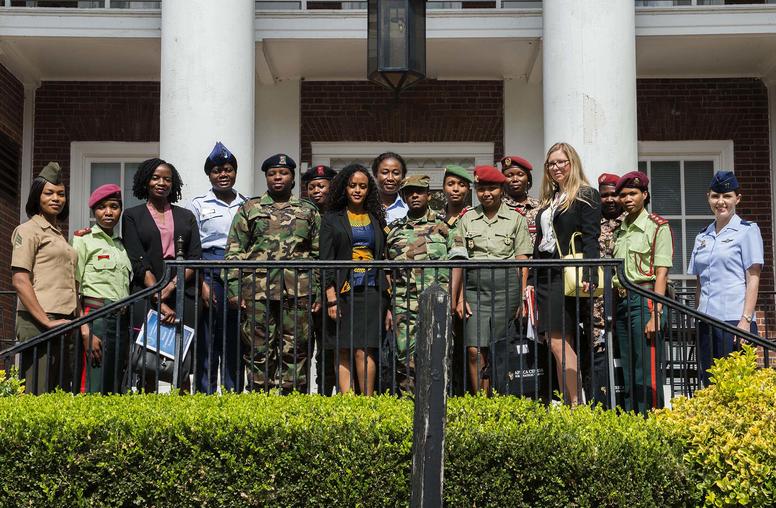
How to Win on Women, Peace and Security
For almost 15 years, Jacqueline O’Neill, now Canada’s first ambassador for women, peace and security, pondered a question that dogs policymakers everywhere and bears heavily on her work: How can gover